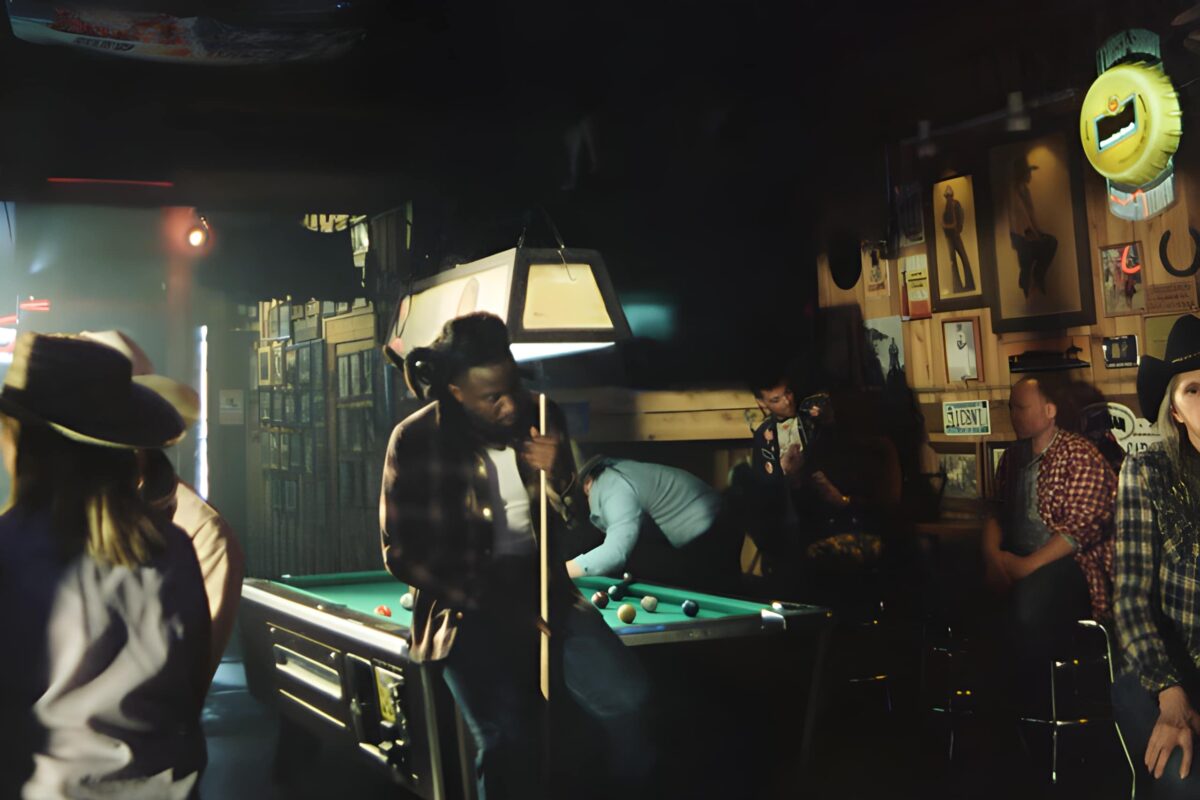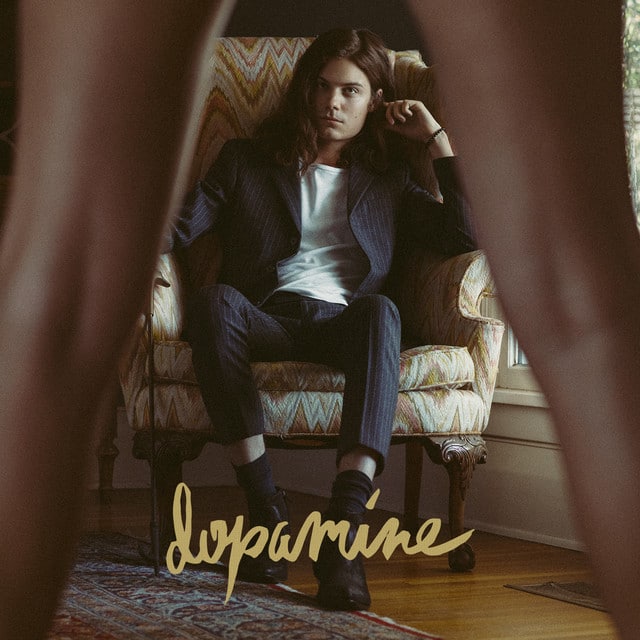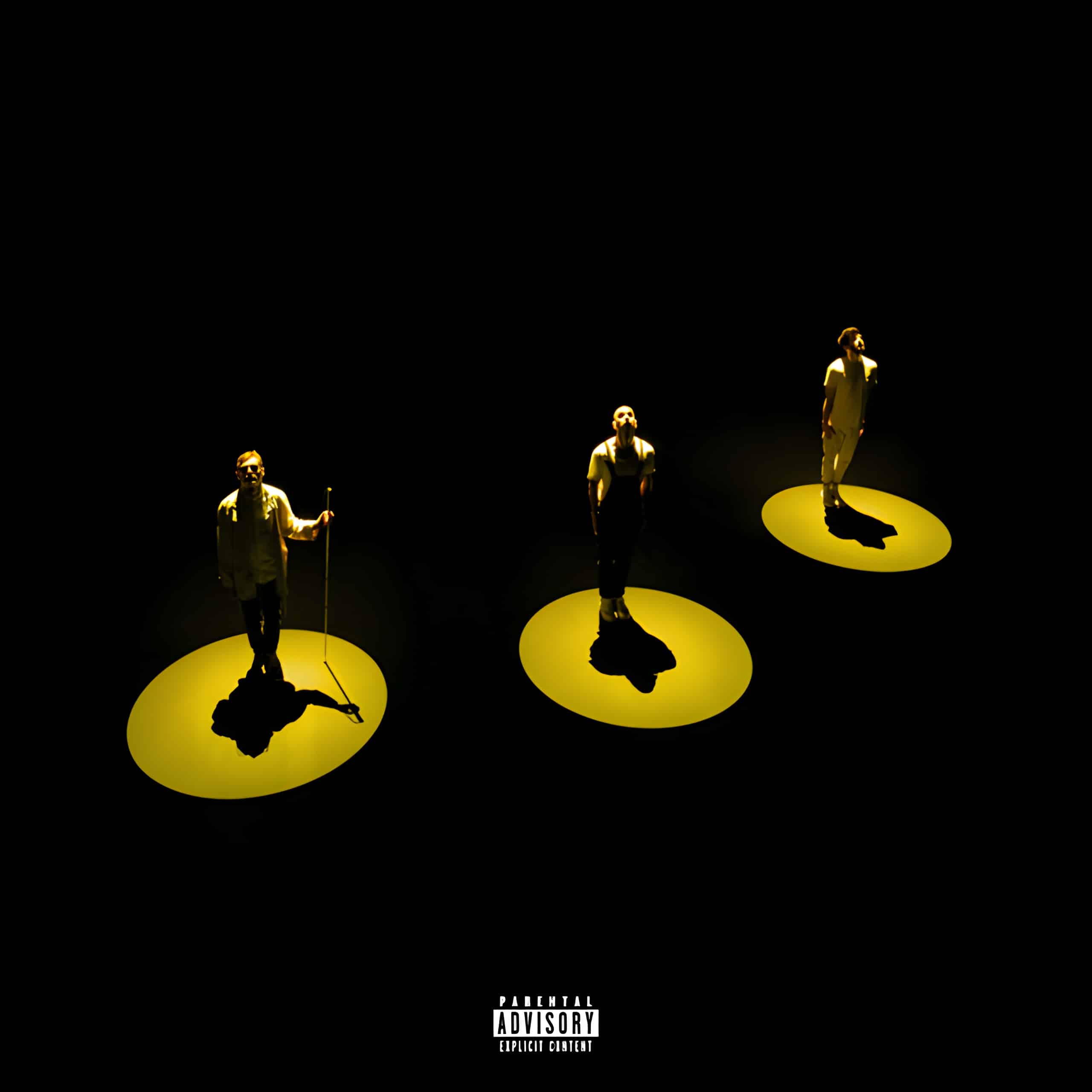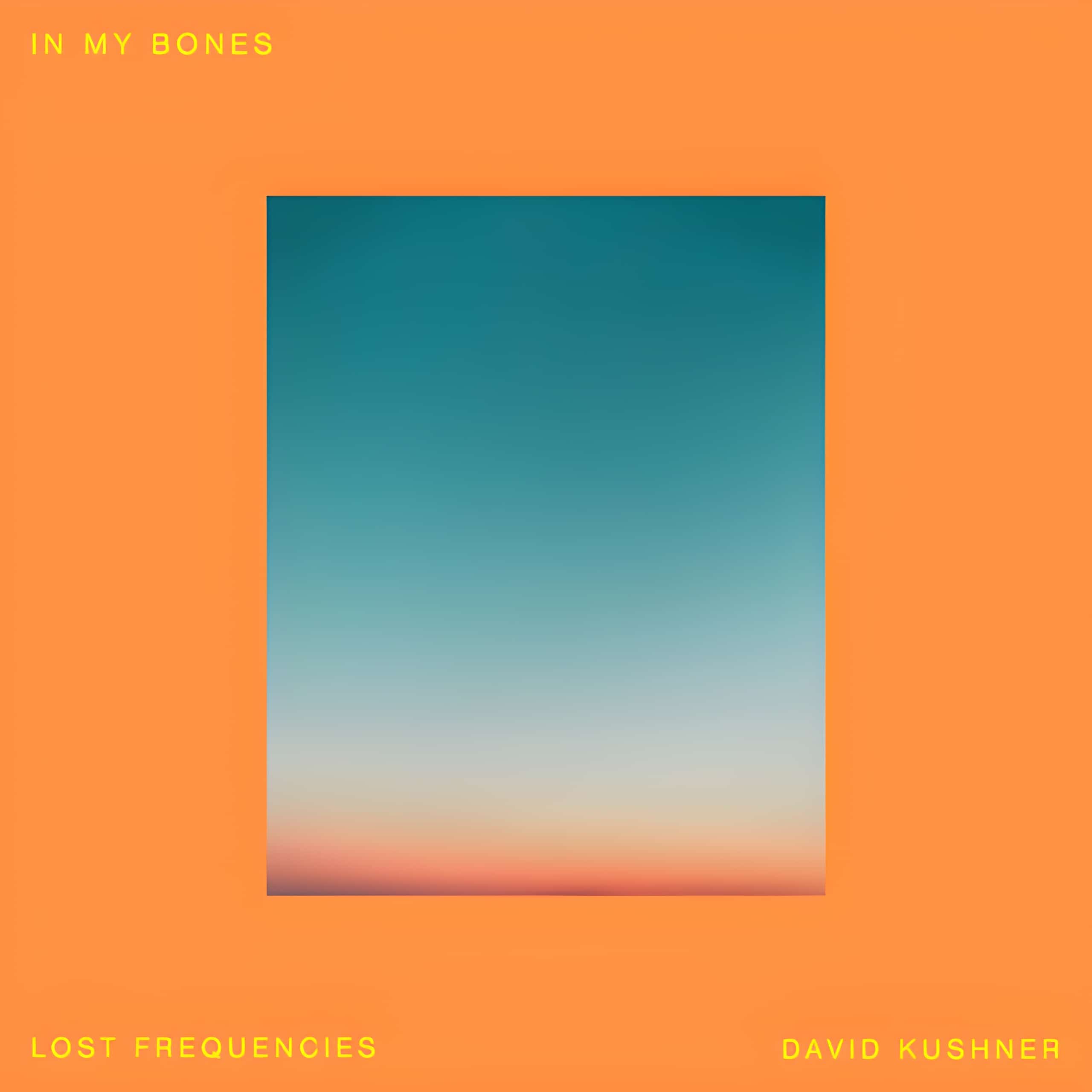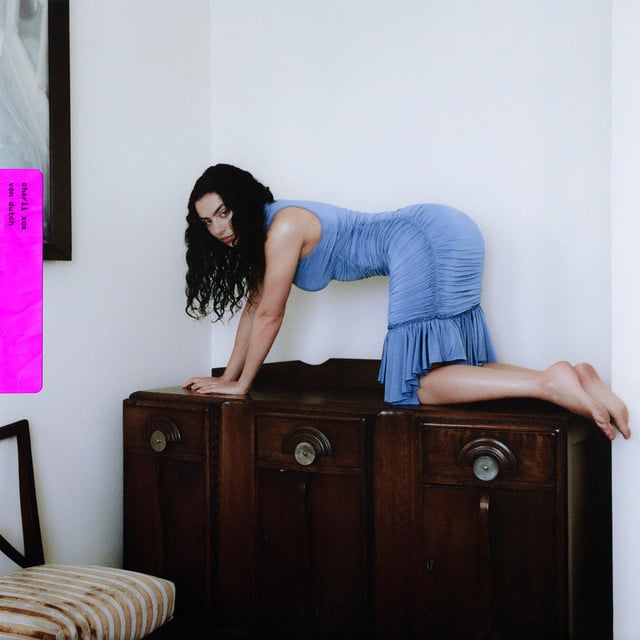Released: 2024
“A Bar Song” by Shaboozey is a catchy, energetic hymn to the nightlife and the escapist thrills it can offer. On the surface, the track is a festive chronicle of bar-hopping and unapologetic indulgence, but it also hints at the undercurrent of dissatisfaction and escapism that often accompanies such revelry.
The first verse has Shaboozey expressing the pressures of maintaining materialistic expectations (“My baby want a Birkin”) and the dismaying realization that his 9 to 5 grind isn’t paying off (“This 9 to 5 ain’t working, why the hell do I work so hard?”). The portrayal of trying to drown one’s sorrows in the hazy refuge of alcohol is communicated through the repetitious chorus (“Someone pour me up a double shot of whiskey / They know me and Jack Daniels got a history”).
“One, here comes the two, to the three, to the four” is a classic, rhythmic countdown alluding to an escalating sense of anticipation and revelling. It’s followed by clear hedonistic go-getting: “Tell ’em bring another out, we need plenty more / Two stepping on the table, she don’t need a dance floor”, picturing a wild, free-spirited party scene.
The refrain “Everybody at the bar getting tipsy” is both a celebration of communal inebriation and a tacit acknowledgment of shared escape from reality. The phrase “tipsy” is a colloquial way of describing mild intoxication, a state where one is on the fun, uninhibited side of drunkenness.
The line “I’ve been Boozey since I’ve left / I ain’t changing for a check” appears to underscore Shaboozey’s resistance to giving in to societal expectations that might compel him to give up his carefree lifestyle. The insistence on not forgetting one’s roots is evident in “Tell my ma’, I ain’t forget”.
By the end, the narrator anticipates the inevitable closing time (“When it’s last call, and they kick us out the door”), but the thirst for fun doesn’t end (“It’s getting kind of late, but the ladies want some more”). It’s a narrative of chronic partying where the high spirits conceivably disguise deeper existential tussles.
In summary, “A Bar Song (Tipsy)” captures the hedonistic pursuit of bar life, but also subtly hints at the existential dissatisfaction and escapism often tied to it. It’s an infectious foot-tapper on the surface, but beneath the veneer of celebration lies a nuanced exploration of the pursuit of temporary joy to escape sobering realities.
